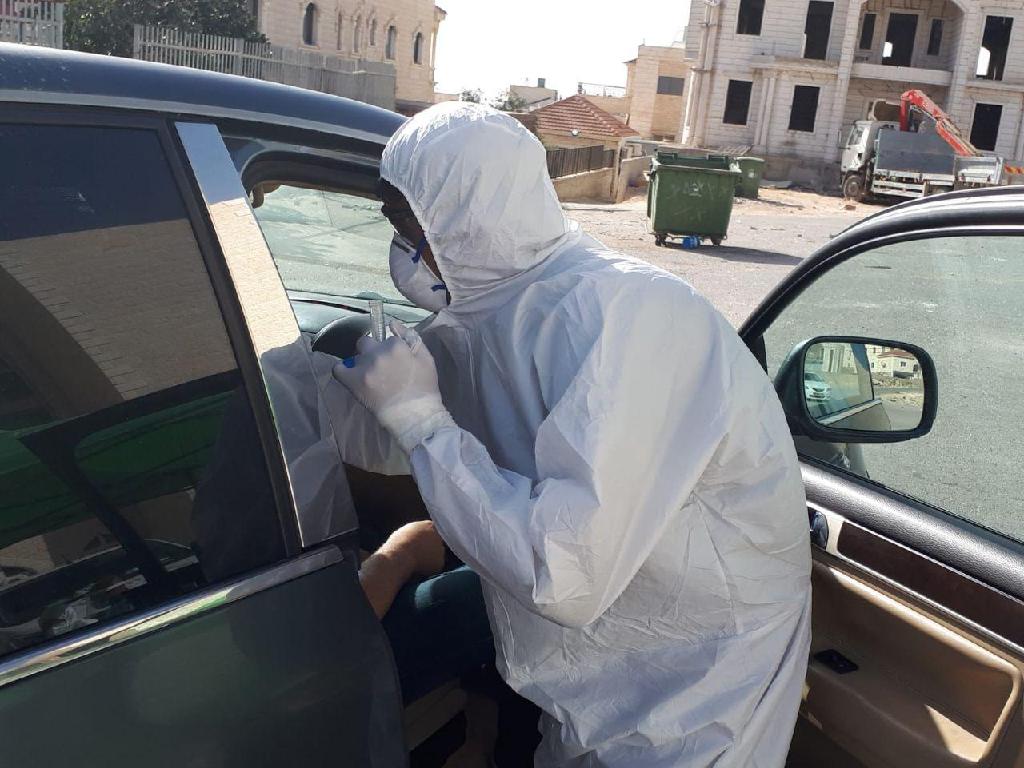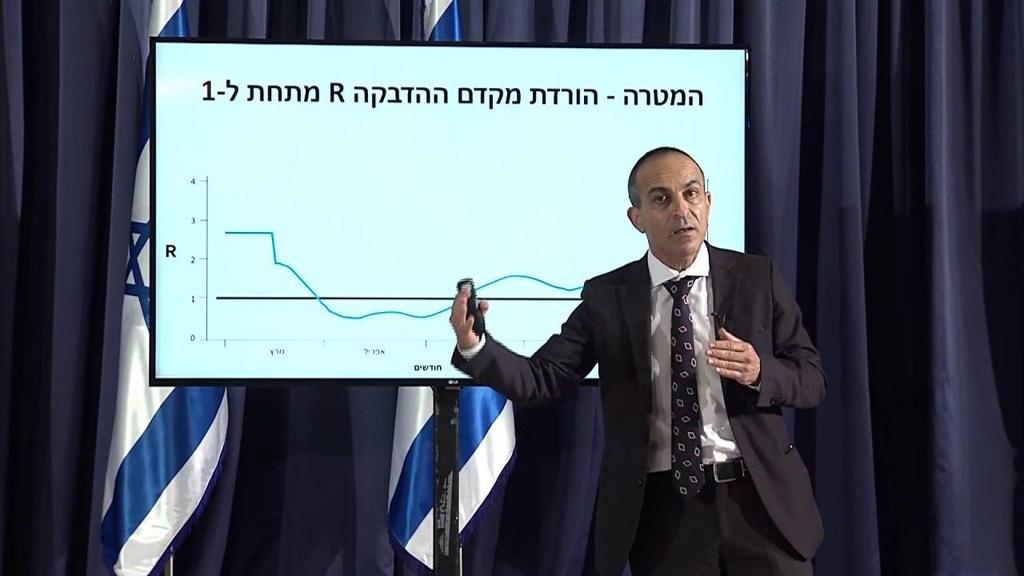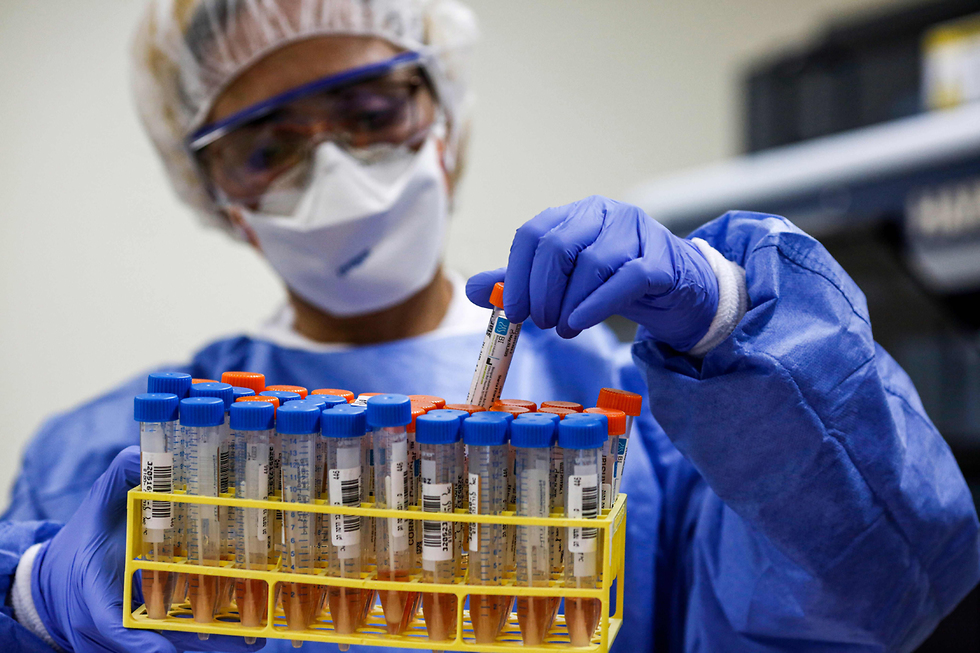The "traffic light" model devised by Israel's top coronavirus health official, Professor Prof. Roni Gamzu, will go up for vote at the so-called coronavirus cabinet on Monday, and if approved, will come into effect on September 1.
Gamzu's plan aims to treat coronavirus outbreaks on a local level and transfers a large part of the treatment of the disease from the state to local authorities. It also sets uniform rules of conduct and restrictions that will adjusted according to infection rates in each community.
The new plan divides Israel into 250 local authorities. Each one of them will receive a score based on its handling of the pandemic that will be reassessed biweekly and restrictions will be adjusted accordingly.
The score will be based on three factors – the number of new patients, the percentage of positive coronavirus test results, and changes in the scope of the epidemic within the community.
"The most important measure is the rate of positive tests, in order to avoid a situation where people are not getting tested enough and produce latent illness," said Prof. Gamzu.
"Each mayor who wants to improve their city's rating on the traffic light scale will have to make sure its residents are getting tested even in cases of mild symptoms."
Some authorities will have coronavirus testing patrol vehicles that will go to residents' homes.
3 View gallery


Drive-in coronavirus testing station in southern Israel
(Photo: Leumit Health Services)
Activities in prayer houses, restaurants, fairs, indoor cultural events, mikvehs, hotels, markets, cafes, swimming pools will all be contingent upon the city's rating. Education, public transportation, workplaces, and mass sports and cultural events will not be affected.
"Close contact with the IDF Home Front Command will enable quick epidemiological investigations and the transfer of patients to hotels," said Gamzu.
"In the event of an outbreak, the mayor will set up drive-in coronavirus testing stations, and the tests will be sent to Home Front Command laboratories. This way, we will be able to crack down quickly on new virus hotspots.
Gamzu also urged citizens to report any violation of health guidelines.
"As soon as you see an unlawful gathering going on next to you, pick up the phone and report this to the municipal hotline," Gamzu said. "Whoever condones such behavior and does not warn of it will be complicit for any harm caused to their neighborhood."
Gamzu also said that an app will be developed that will alert users after crossing municipal boundaries and provide them with data on the locality's rating.
A review showed that half of the authorities in Israel have low coronavirus infection rates and that only 23 authorities have high infection rates, the vast majority of which are ultra-Orthodox and Arab.
Ministers on the coronavirus cabinet rejected Gamzu's proposed plan on Thursday. Ministers from religious parties claimed the plan targeted prayer gatherings while cultural events were being allowed to proceed.



